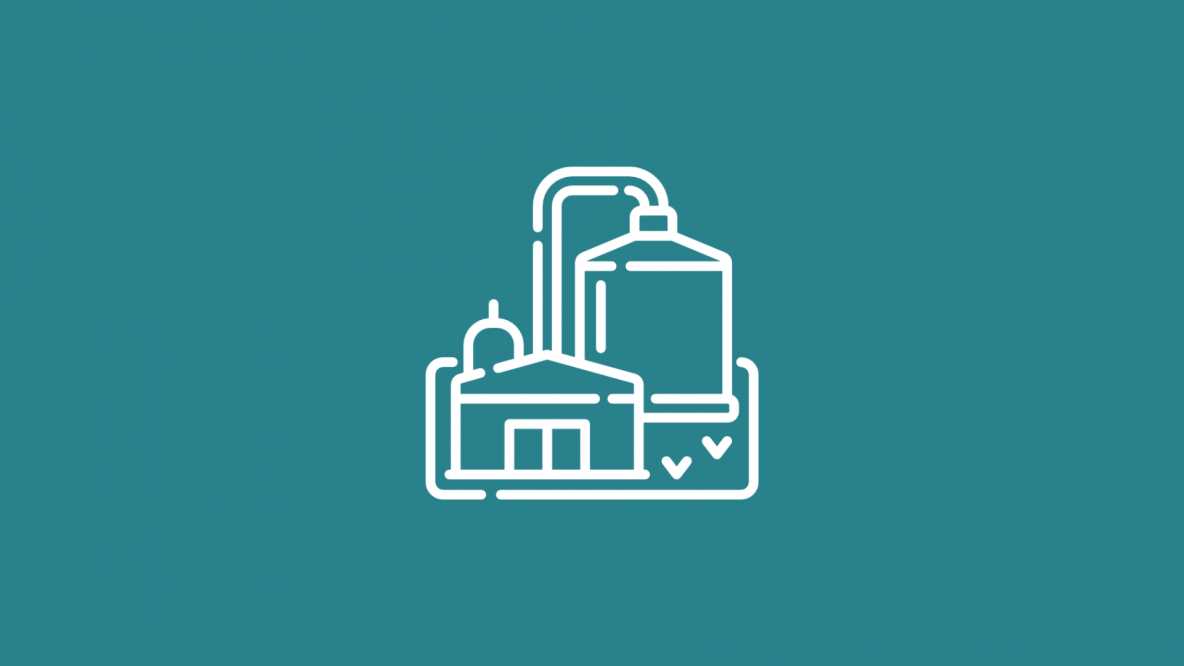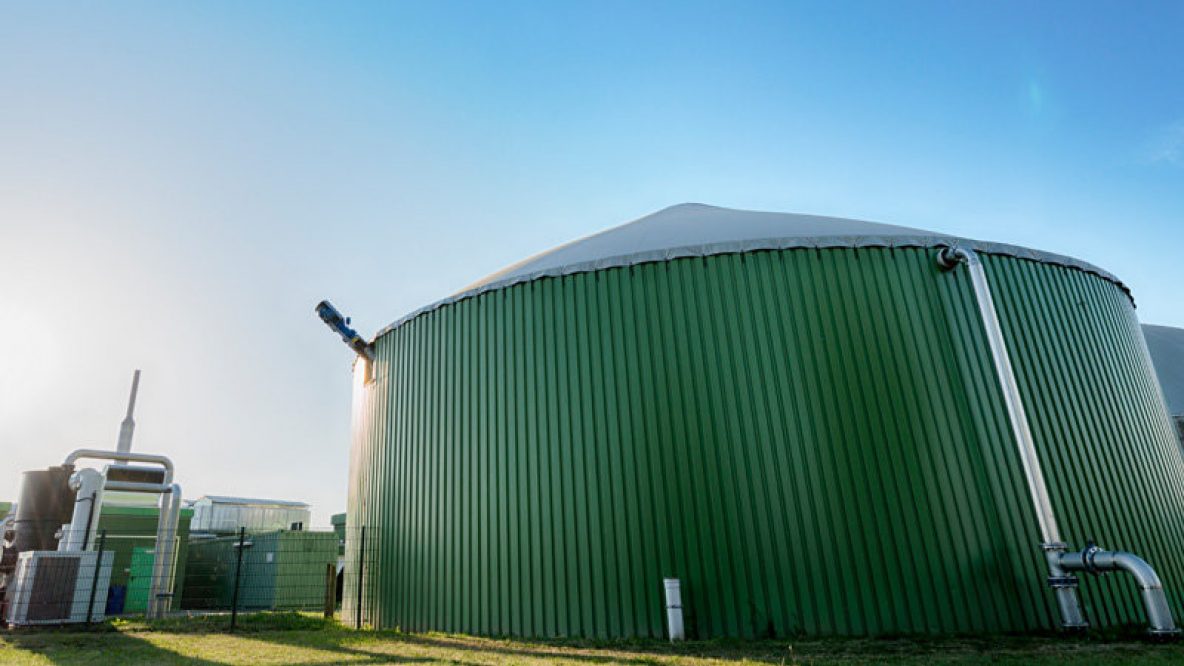Who will receive state aid?
Compensation for the price of natural gas will be applied to households with an annual consumption of 2,635.1 kWh (250 m3) that have a contract with Latvijas Gāze and users who receive natural gas under the Final Guaranteed Supply (FGS) service.
State aid stipulates that the amount of the fee reduction per kWh depends on consumption:
- If the average monthly consumption over a 12-month period is from 221 kWh to 5269 kWh (21 m3 – 500 m³), the reduction of the fee for natural gas in the amount of 0.03045 euros per kWh (excluding VAT) is compensated by the state.
- On the other hand, for those whose average monthly consumption over a 12-month period is over 5,269 kWh (500 m³), the state compensates the reduction of the fee for natural gas in the amount of 0.02279 euros per kWh (excluding VAT).
How can customers make sure of whether they are entitled to receive aid?
Household customers do not have to apply for the aid; the fee reduction will be granted automatically and will be visible in the payment documents sent by Latvijas Gāze. Information regarding the new Balanced Payment will be sent to the beneficiaries by the end of February. In turn, customers who have chosen to pay for the natural gas consumed monthly will be billed as usual.
Readings must be reported monthly!
It should be noted that during the aid period, meter readings should be submitted monthly from the 16th of the current month to the first working day of the following month, including January. In addition, the distribution system operator Gaso
may carry out a physical inspection of the gasified objects and check the meter readings. If the meter readings are found to be falsified, the state aid will not be applied.
“We support the decision of the government to compensate the household customers, but we also call for support for companies that are currently experiencing the sharpest rise in natural gas prices caused by global events, which we are unfortunately unable to control, and this is reflected in the increase in our customers’ monthly payments. Recently, we have been receiving questions daily about the possibility to receive the aid, so we are glad that our household customers with higher consumption will receive compensation that will reduce the burden of daily expenses,” comments Diana Tivča, Head of the Household Department at Latvijas Gāze.
State aid to the owner or manager of an apartment building
State aid will also be granted to the owner or manager of an apartment building if natural gas is used by households. Thus, the residents who use natural gas for heating and who pay for utilities through intermediaries will also receive state aid. In this case, the contractor (manager or building owner) must apply for state aid by the last date of each month, depending on the consumption of the residents. Aid Application.
Reasons behind the rising natural gas prices
It has already been reported that the price of natural gas has risen significantly for various reasons such as the climatic conditions, the global pandemic, rising costs of CO2 emission allowances, etc., and this has had an impact on natural gas bills. Natural gas prices in Latvia are linked to the Western European natural gas exchange indexes and the economic and geopolitical developments in these markets.
Already since April 2021, a sharp rise in natural gas prices has been observed, reaching historically high prices, which has also significantly affected the costs of natural gas for the population of Latvia. The cold winter in the first quarter of 2021, as well as the economic recovery after the Covid-19 crisis, have led to a sharp increase in demand for natural gas not only in Europe but worldwide, especially in the Asian markets, leading to record-high natural gas prices. Producers of liquefied natural gas (LNG) have been selling LNG cargo delivered to European markets in previous years to Asian markets, where the price of natural gas is even higher than in Europe, thus, creating a shortage of resources. The Green Deal introduced by the European Union to reduce CO2 emissions and global warming has also reduced the use of fossil fuels – coal, oil, and lignite – in the energy sector of Europe, further increasing the demand for natural gas. And the renewable energy capacity still remains insufficient.



